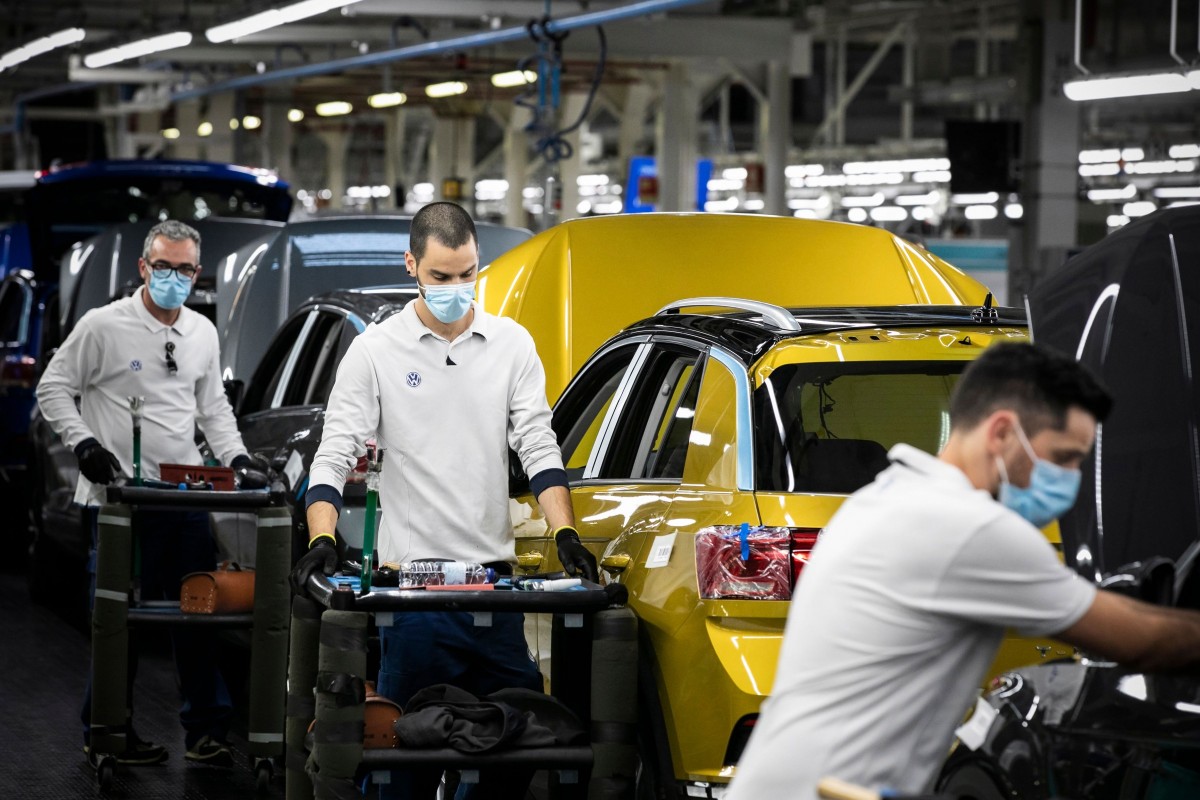The COVID-19 pandemic has had a significant impact on the automotive industry. The initial
the outbreak in China, where many of the world’s automotive components are manufactured, led
to supply chain disruptions and slowed production.
See Also: COVID-19: Impact on Stock and Financial Market
As the pandemic spread, governments around the world implemented lockdowns and
restrictions on travel and gatherings, leading to a sharp decline in consumer demand for
vehicles.
In 2020, global vehicle sales fell by around 14%, with sales in some countries declining by as
much as 50%. Automotive production also took a hit, with global production falling by
around 20% in 2020.
Positive effects of the COVID-19 pandemic on the automatic industry
Increased focus on safety
With the virus spreading rapidly, companies have had to find ways to protect their employees and customers from infection. This has led to an increased demand for automatic systems that can help with cleaning, and sanitizing.
Increased demand for automation solutions
One of the biggest benefits for the automatic industry has been the increased demand for automation solutions. With businesses shutting down and employees working from home, companies have had to find ways to automate their processes in order to keep operations running smoothly. This has led to a surge in demand for automatic equipment, such as robots and automated systems, as well as software and services that can help companies automate their processes.
Increased focus on digitalization
As companies have been forced to find new ways to operate in the face of lockdowns and restrictions, many have turned to digital solutions to keep their operations running. This has led to an increased demand for digital technologies such as artificial intelligence, machine learning, and big data analytics, which are essential components of the automatic industry.
Accelerated the adoption of Industry 4.0 technologies, such as the Internet of Things
(IoT) and cloud computing
The pandemic has also accelerated the adoption of Industry 4.0 technologies, such as the Internet of Things (IoT) and cloud computing. These technologies have been used to help companies monitor and, and disinfect, as well as for systems that can help with social distancing and contact tracing.
Negative effects of the COVID-19 pandemic on the automatic industry
Supply Chain Disruptions
The pandemic has caused major disruptions to the global supply chain, resulting in production and supply delays. Many suppliers have been forced to close their operations or reduce production, leading to shortages of parts and components. This has caused unanticipated costs, such as additional storage and inventory costs, and impacted the production of the automated industry.
Reduced Demand
The pandemic has led to a decrease in the demand for vehicles, due to government lockdowns and restrictions, leading to a decrease in the demand for automated parts and components. With many people losing their jobs or facing financial uncertainty, the demand for new vehicles has decreased, resulting in a decline in sales
The shutdown of factories and production lines
Many manufacturers were forced to temporarily close their facilities due to government restrictions and safety concerns, resulting in a significant reduction in the number of vehicles produced. This has led to
a shortage of certain models and a backlog of orders, causing delays and disruptions
in the supply chain.
Manufacturing & Selling of Cars:
With lockdowns and restrictions on travel and gatherings in place, many car manufacturers
have shifted to online sales and remote work. This has led to an increase in the use of
digital tools and technologies, such as virtual reality and augmented reality, in the
automotive industry.



















